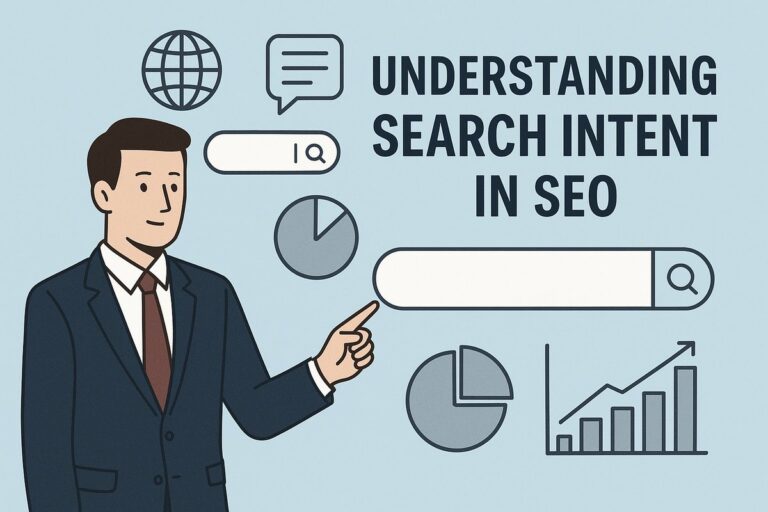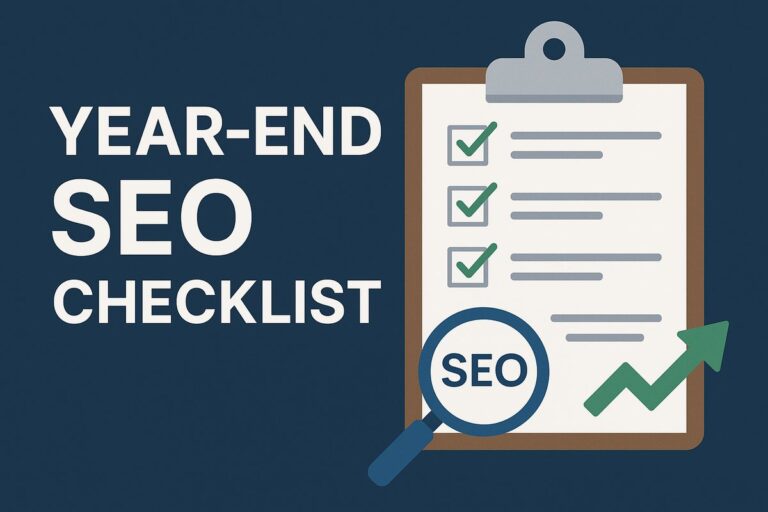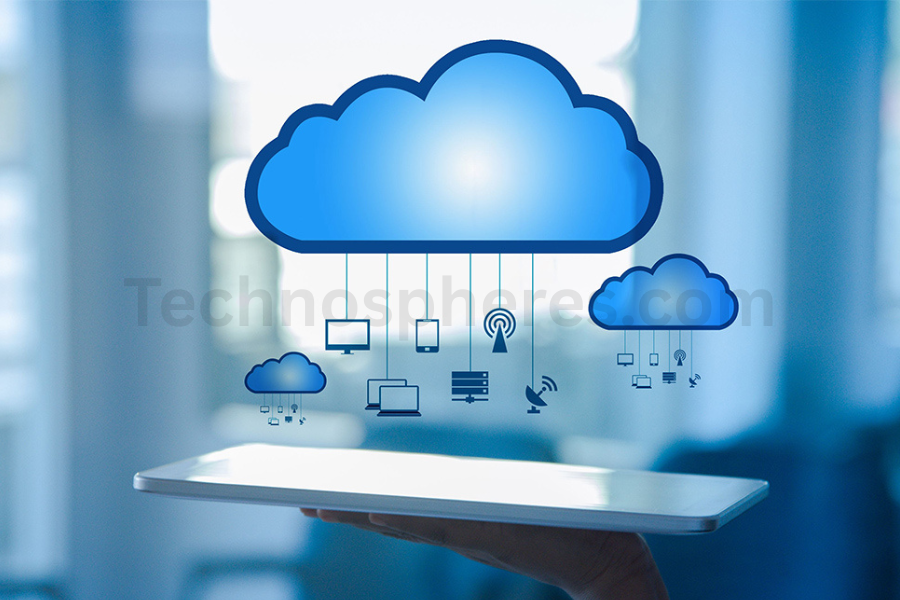
coding
An Unblocked Internet Browser is a web browser—or browser-based tool—that lets users circumvent internet limitations and reach websites or content that a network or government would typically bar access to. In settings such as schools, businesses, or nations with rigorous censorship, these browsers are sometimes employed to get unrestricted content.
Unblocked browsers could be:
- Built-in feature standard browsers (e.g., Opera with VPN)
- Browsers oriented toward privacy (e.g., Tor Browser)
- Cloud-based web browsers (such
- Proxy-enabled browsers or those set with proxy extensions
Why do individuals utilize them?
People utilize Unblocked Internet Browser for several purposes:
- In nations where internet access is limited, users utilize unblocked browsers to access news, social media, or government-censored websites.
- At jobs, certain websites—such media, streaming services, and YouTube—are frequently restricted. Unblocked Internet Browser let users get to this material.
- Privacy and Anonymity: Some consumers wish to shield their internet activity from trackers, ISPs, or network administrators. Tor and other browsers offer anonymity and avoid tracking.
- In limited systems, users could require access to tools, programs, or services not allowed on the local network.
- Students or professionals may need access to information that is unfairly limited.
- Note that notwithstanding some legitimate applications for unblocked browsers, there is also misuse in accessing illegal material or avoiding parental restrictions.
Legal and Ethical Issues
Legal Factors:
Legality differs according to country: Using Unblocked Internet Browser or VPNs is normally permitted in democratic nations, although certain businesses could limit use internally. In authoritarian governments—e.g., China, Iran, North Korea—it could be against the law to utilize methods bypassing censorship. Using unblocked browsers at work or school could breach the policies of the organization, resulting in disciplinary measures.
- Using any tool, unlawful bypassing of limits to access illegal sites (e.g., piracy, dark web markets) is illegal.
- Although you could disagree with some restrictions, breaking rules in scholarly or business contexts could be viewed as immoral.
- Some unblocked browsers or proxies might bring viruses or vulnerabilities to the network, therefore jeopardizing its security.
- Intent Counts: Utilizing unblocked browsers for academic research as opposed to misusing them for banned material exposes a definite moral divide.
Knowing Internet Limitations
Internet limitation kinds
- Intended to avoid distractions or safeguard children, school restrictions block social media, gaming, or adult websites.
- Block entertainment, shopping, or streaming sites to help preserve productivity and security.
Government Censorship:
- Examples are China’s Great Firewall, Russia’s Roskomnadzor system, and Iran’s National Information Network.
- Content limits could cover encrypted messaging systems, foreign media, opposition material, and news sources.
- Parental controls limit age-inappropriate material for children by means of home application.
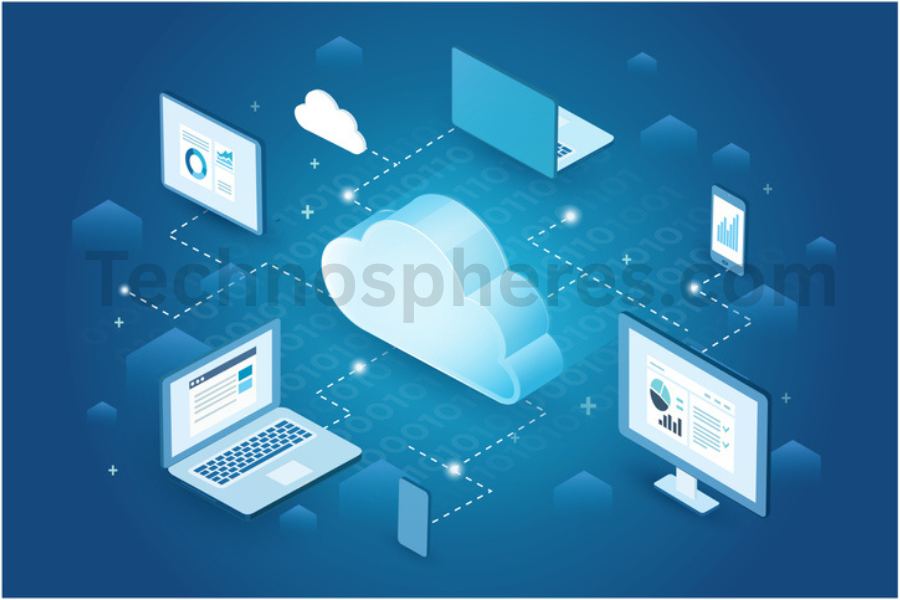
Approaches for blocking access
- Network administrators set firewall rules blocking access to certain IP addresses or domain names.
- DNS filtering intercepts or redirects requests to blocked domains, thereby stopping websites from loading.
- Proxy filtering refers to the monitoring and control of web access by proxy servers routing data.
- URL filtering is the process of blacklisting certain URLs, usually employing keyword-based criteria (e.g., blocking all pages with “game” in the URL).
- Used by governments for stricter control, Deep Packet Inspection (DPI) is a more sophisticated technique that analyzes the actual data being sent.
Bypassing restrictions: hazards and caveats
- Schools or businesses might discover unauthorized behavior via logs or network monitoring, resulting in suspension or firing.
- Free proxies or unapproved browser applications might expose users to malware, phishing, gambling, or data theft.
- False Sense of Privacy: Certain technologies assert to anonymize your activity yet nonetheless log and sell data.
- Unblocked Internet Browser—particularly those utilizing VPNs or cloud rendering—might be slower because of higher latency or server limits.
Proxy vs VPN vs Unblocked Browsers
| Feature | Proxy Server | VPN Service | Unblocked Browser |
| Function | Routes web traffic | Encrypts all traffic | Combines proxy/VPN behavior |
| Speed | Medium to Fast | Slower (encryption) | Varies |
| Encryption | Usually none | Strong encryption | Depends on implementation |
| Scope | App-specific | System-wide | Browser-specific |
| Anonymity | Low | High | Medium to High |
| Ease of Use | Moderate | Easy (with app) | Very easy (just a browser) |
| Example Tools | Hide.me, ProxySite | NordVPN, ExpressVPN | Tor, Opera, Puffin |
Popular Unblocked Internet Browsers
Unblocked browsers are internet browsers that bypass network managers’ conventional limits, letting users view material typically banned in schools, businesses, or nations with strong internet filtering.
Opera Browser (including VPN)
Opera provides a free, infinite VPN that lets users cover their IP address and thus bypass most network constraints. It is especially helpful for accessing blocked material without installing unofficial VPN program. Opera is accessible, ad-blocking friendly, and multisystem compatible.
Tor Browser
Known for its security and anonymity, Tor (The Onion Router) It routes traffic through several servers (nodes), so complicating user activity tracking. Although very efficient for bypassing censorship, its relay-based design could cause slower operation. It’s common in very controlled surroundings.
Epic Privacy Browser
Epic emphasizes privacy-first browsing, automatic blocking of ads, tracking, and fingerprinting scripts. It provides an encrypted proxy that lets users navigate most geo-blocks and firewalls. Though with somewhat less anonymity, it stresses speed and simplicity of use unlike Tor.
Bold Browser
Brave is a quick browser with strong ad-blocking and security emphasis. Although it lacks a integrated VPN, it does support integration with Tor (in private browsing mode) and third- party VPN extensions. It’s perfect for those seeking a safe, performance-oriented browser.
Cloud-based browsers (e.g., Puffin, Browser)
These Unblocked Internet Browser renderings to the device from the cloud. Puffin especially stands out for speed and unblocking ability. Usually added to already-installed browsers like Chrome or Firefox, Browser is a proxy extension. Although they could be constrained on certain networks, cloud-based models are effective at escaping limitations.
Unpaid vs. paid unblocked browsers
Knowing the trade-offs between free and paid unblocked browsers enables users to select the appropriate instrument for their requirements.
Features Cross Analysis
Free browsers typically include ad/tracker blocking and fundamental VPN/proxy capabilities (Opera, Epic). Great for informal use, but perhaps data, server location, or personalization restrictions apply.
Paid browsers/services usually accompany premium VPNs, quicker speeds, more global server access, and priority customer support. Some provide no-log policies, kill switches, and split tunneling—sophisticated privacy features.
Speed and Functionality
Free tools (such as Tor or free VPNs) may be slower because of traffic congestion, constrained infrastructure, or multi-hop routing (in the case of Tor). Paid browsers/tools usually provide greater speed and dependability—especially while visiting resource-heavy websites or streaming.
Privacy and Security
Free browsers can be safe, but not all of them guarantee privacy. Some free VPNs inject advertisements or log user activity. Paid options are more probable to provide independent audits to support their privacy assertions, no-logs policies, DNS leak protection, and robust encryption.
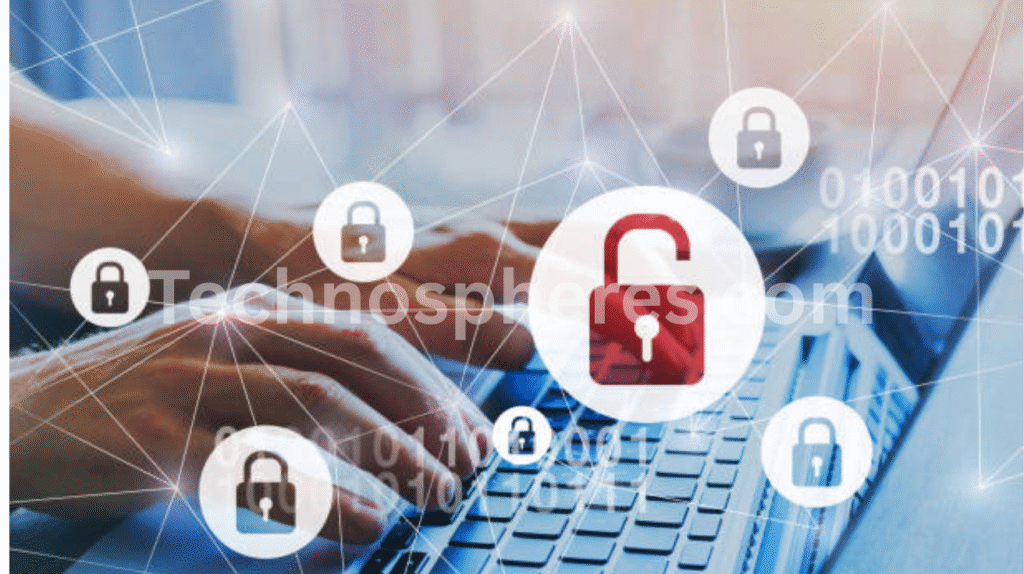
Utilizing unblocked browsers
Typical Applications
- Research: Students and staff members might require access to academic publications, forums, or resources barred by institutional firewalls.
- Unblocked browsers assist stay in contact even if messaging apps or social media could be restricted.
- Entertainment: Recreational material, games, or streaming services could be limited and accessed via these browsers.
Optimal ways to avoid detection
- Use stealth mode by selecting browsers or VPNs that favor stealth technology or obfuscation in order to mimic normal traffic.
- AVOID streaming or downloading significant files that might set off alarms.
- Utilize browsers stored on USB drives, so leaving little note on the device.
- Turn off WebRTC and JavaScript tracking to lower the risk of leaking IP addresses.
- Stay away from logging into private accounts except if using privacy-oriented browsers or encrypted VPNs.
Legal Consequences
Is using an unblocked browser legal?
The legality of utilizing an unblocked browser depends on the nation and environment. Especially for accessing geo-blocked material, using such browsers is legal in many democratic nations. In authoritarian governments or limited networks (such institutions as workplaces or schools), however, it may be against policies or even legislation.
Jurisdiction-Specific Rules
Laws differ widely across countries. In some regions, simply accessing restricted content can result in penalties. Below is a table summarizing the legal status in selected regions:
| Region | Legal Status | Notes |
| United States | Generally legal | Violations occur only if used for illegal activities |
| China | Restricted/illegal | Strict firewall; VPN usage is regulated or banned |
| Germany | Legal with exceptions | Illegal if used for copyright infringement |
| Iran | Highly restricted | Can lead to penalties; VPNs often blocked |
| Schools/Workplaces | Against policy | Violates acceptable use policies; may lead to disciplinary action |
Cases of Abuse and Enforcement
There have been cases in which people used unblocked browsers to engage in cybercrime or access prohibited material and were legally punished. For instance:
- A U.S. student in 2022 high school was suspended for utilizing a proxy browser to bypass school internet restrictions.
- In certain Middle Eastern nations, people were jailed or penalized for visiting prohibited political websites using unblocked browsers.
Conclusion
Final Reflections on Unblocked Browsers’ Application
Unblocked Internet Browser and their substitutes are great assets for preserving digital freedom and getting around limitations on material. Although they are usually employed for necessities or convenience, they should be handled carefully to prevent ethical and security concerns.
Conscientious Use and Understanding
Although it would be alluring to ignore rules, users should consider why material is restricted and whether accessing it is legal or ethical. Particularly in educational or professional contexts, proper use of such technologies is essential for preserving trust and preventing repercussions.
Future of Internet Freedom and Online Access
Access tools will be even more important as worldwide discussions on censorship, surveillance, and privacy expand. The next wave of safe, open internet access will probably be defined by developments in decentralized networks, blockchain-based DNS, and encrypted communication. Ensuring fair access to information for everyone depends much on advocacy of digital rights and open internet policies.
Frequently Asked Questions
Is bypassing website limitations legally permitted using VPNs or proxies?
Your location and the reason for usage will determine the legality of VPNs or proxies. Using a VPN for privacy and security is legal in most nations. Even if it is not expressly illegal, using them to evade regulations in workplaces, schools, or nations with strong censorship legislation might contravene local laws or terms of service. Always check the pertinent laws and regulations.
A proxy server and a VPN share what differences?
Offering privacy and security over all apps, a VPN encrypts all your internet traffic and sends it to a secure server. By contrast to the usual unencrypted data transfer a proxy server provides, it only operates with particular applications (such a web browser). Usually more trustworthy and secure than proxies are VPNs.
Can mobile hotspots be tracked or supervised?
Mobile hotspots can still be tracked by your mobile service provider, and your browsing activity might be logged. Unless you’re using a VPN or encrypted services, your mobile carrier can view your internet usage; hotspots skip local network limitations (such those in an office or school).
How can I tell if a website is secure to visit?
Search for these indicators:
- The URL starts with "https://" – these ' represent secure.
- A padlock icon shows next to the URL in the address bar.
- The site provides distinct contact information, a privacy policy, and no dubious pop-ups.
- Employ Google Safe Browsing or browser security add-ons to identify dangerous websites
Read more about Software Insights on Technospheres.
